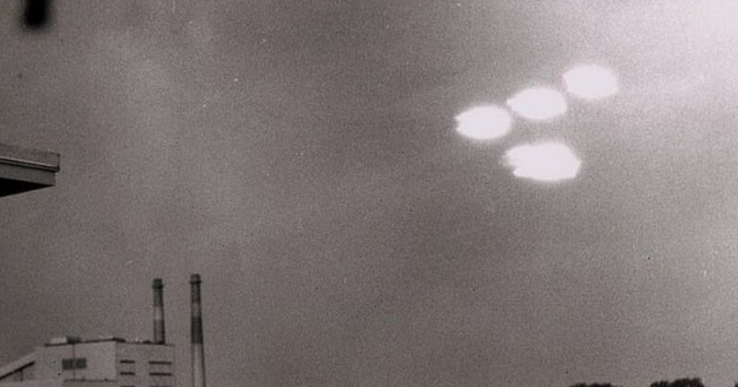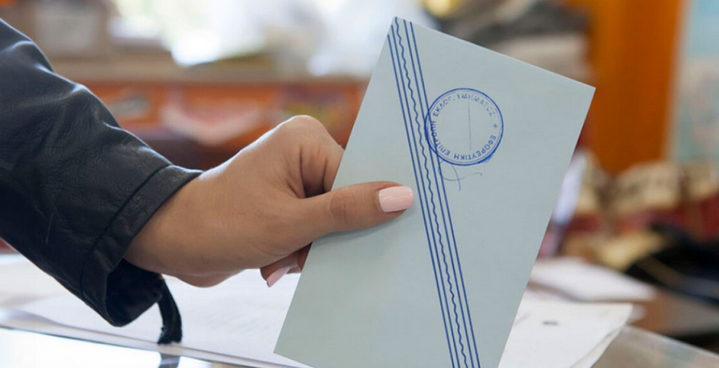NASA’s plan to beam Earth’s location into outer space could provoke an alien attack, Oxford scientists have warned.
Researchers at the US space agency have backed a broadcast message, dubbed the “Beacon in the Galaxy”, intended to greet extraterrestrial intelligences. It is an updated form of the Arecibo message, broadcast in 1974 for the same purpose.
Improvements in digital technology mean that more information can now be broadcast. The proposed new message includes basic mathematical and physical concepts to establish a universal means of communication, followed by information on the biochemical composition of life on Earth.
It also includes the solar system’s location relative to major clusters of stars, along with digitised depictions of the solar system itself, Earth’s surface, and male and female humans. The message concludes with an invitation for intelligences to respond.
But Anders Sandberg, a senior research fellow at Oxford’s Future of Humanity Institute (FHI), warned that sharing such information with intelligent life presents a risk that must be considered.
Dr Sandberg told The Telegraph that, although the chance of the message reaching an alien civilisation was low, “it has such a high impact that you actually need to take it rather seriously”.
He said that the “giggle factor” surrounding the search for extraterrestrial intelligence meant that “many people just refuse to take anything related to it seriously. Which is a shame, because this is important stuff”.
Overall, said Dr Sandberg, both the risk and the potential benefit were small. Given the difficulty of traversing vast spans of interstellar space, a message received even by a very advanced civilisation might amount to little beyond, as Dr Sandberg put it, “a postcard saying, ‘Wish you were here,’”.
Read more: Telegraph





































